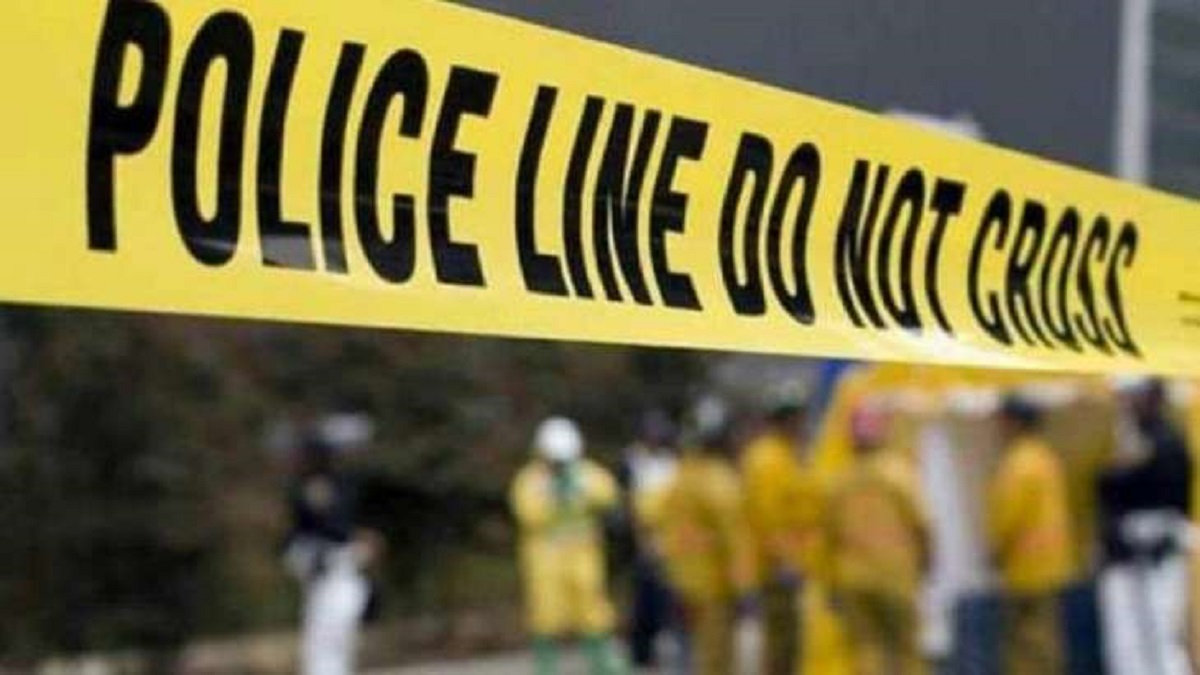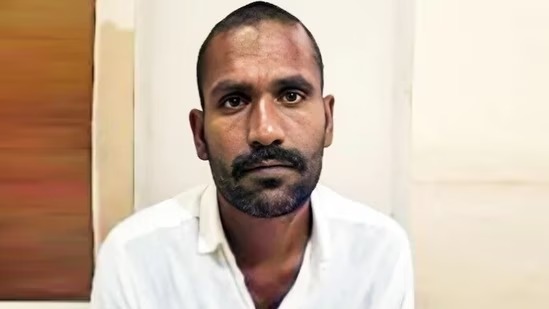New Delhi (PTI): Fossils recovered from Kutch in Gujarat may have belonged to the spine of one of the largest snakes to have ever lived, according to new research from the Indian Institute of Technology Roorkee.
From the Panandhro Lignite Mine, researchers discovered 27 "mostly well-preserved" bones forming the snake's spinal column, or vertebra, with some connections still intact. They said the vertebrae appeared to be from a fully-grown animal.
The snake is estimated to be between roughly 11 and 15 metres long, comparable in size only to the extinct Titanoboa, known to be the longest snake to have ever lived, the researchers said. Owing to its size, it may have been a "slow-moving ambush predator," similar to an anaconda, they said. The findings are published in the journal Scientific Reports.
The researchers have named this newly discovered snake species 'Vasuki Indicus' (V. Indicus) after the mythical snake round the neck of the Hindu deity Shiva and in reference to its country of discovery, India. V. Indicus is part of the now extinct madtsoiidae family, known to have lived across a broad geography, including Africa, Europe and India, they added.
The authors said the snake represented a "distinct lineage" originating in India which then spread via southern Europe to Africa during the Eocene, about 56 to 34 million years ago. The first ancestors and close relatives of the modern mammal species are said to have appeared in the Eocene period.
The authors dated the fossils to the Middle Eocene period, roughly 47 million years ago.
The vertebrae, measuring between 38 and 62 millimetres in length, and between 62 and 111 millimetres in width, suggested V. Indicus to possibly have had a broad, cylindrical body, the researchers said.
They extrapolated the measurements of V. Indicus to be between 10.9 and 15.2 metres in length.
Despite uncertainties in estimates, the researchers said the snake was comparable in size to Titanoboa, the fossils of which were first discovered in the 2000s from present day Colombia.
Let the Truth be known. If you read VB and like VB, please be a VB Supporter and Help us deliver the Truth to one and all.
Bengaluru (PTI): Three masked men barged into a jewellery shop on the outskirts of the city
and robbed 184 grams of gold ornaments after threatening the staff with knives, police said on Saturday.
The incident occurred on the night of July 24 in Nelamangala when the shop was about to be shut after the day's business, they said.
The dacoits did not hurt anyone and used the weapons only to intimidate the staff. They fled in a car after robbing the ornaments, a senior police officer said.
"A case has been registered and efforts are on to nab the culprits. We have scanned CCTV cameras in and around the vicinity to identify the suspects and ascertain the sequence of events," he said.



_vb_01.jpeg)

